WASHINGTON, D.C. – On Monday, President Donald Trump signed an executive order giving drugmakers a deadline to lower the cost of prescription drugs in the US. The idea is to tie us drug prices to the lower prices you would find the same drug abroad, but that’s typically in government-run health systems. Some say this executive order is a shakeup to the industry, others say it’s a “bad deal” for Americans.
“Starting today, the United States will no longer subsidize the health care of foreign countries,” said President Trump.
In a new executive order, it directs drugmakers to voluntarily lower the cost of prescription drugs in the US within the next 30 days or could face new limits of how much the US will pay. The Health and Human Services Secretary, Robert F. Kennedy, Jr., will broker new prices for drugs within that time period and develop a new rule that ties the price the US pays for medications to lower prices paid by other countries. The President said this plan will increase savings on drug prices.
Many drugmakers argue changes to their profits could impact the research they do to develop new drugs. The CEO of PhRMA, which represents the country’s leading biopharmaceutical research companies, called the President’s plan a “bad deal” for American patients and workers. He released this statement:
““To lower costs for Americans, we need to address the real reasons U.S. prices are higher: foreign countries not paying their fair share and middlemen driving up prices for U.S. patients.
“The Administration is right to use trade negotiations to force foreign governments to pay their fair share for medicines. U.S. patients should not foot the bill for global innovation.
“The U.S. is the only country in the world that lets PBMs, insurers and hospitals take 50% of every dollar spent on medicines. The amount going to middlemen often exceeds the price in Europe. Giving this money directly to patients will lower their medicine costs and significantly reduce the gap with European prices.
“Importing foreign prices from socialist countries would be a bad deal for American patients and workers. It would mean less treatments and cures and would jeopardize the hundreds of billions our member companies are planning to invest in America – threatening jobs, hurting our economy and making us more reliant on China for innovative medicines.”
Brian Norton, the CEO of Wellgistics Health, said this is a huge shakeup for the health and pharmaceutical industry.
“So many patients show up at the counter to get their prescription and they are surprised by the cost,” said Norton. “Nobody should ever be surprised by the cost of their prescription because at the end of the day 32 percent, one-third of every patient that shows up at the pharmacy with a prescription leaves without it.”
Norton said this executive order is an opportunity for the industry to get rid of a lot of bloat- referring to middlemen.
“Really push the manufacturers to say: ‘this is my bottom price, this is what I can go to market with, I can’t pay rebates, I can’t pay kickback incentives I can only go at this price’; and then we take it and go: ’great, as long as we have some room at the pharmacy to make some money and the patient can get a great cost and we can make a little bit of money to do the work’, then it works,” said Norton.
A few years ago, Congress approved a new law that allows Medicare to negotiate the price it pays for some prescription drugs starting next year. Some experts said it’s unclear how this executive order would impact people who have private health insurance.
